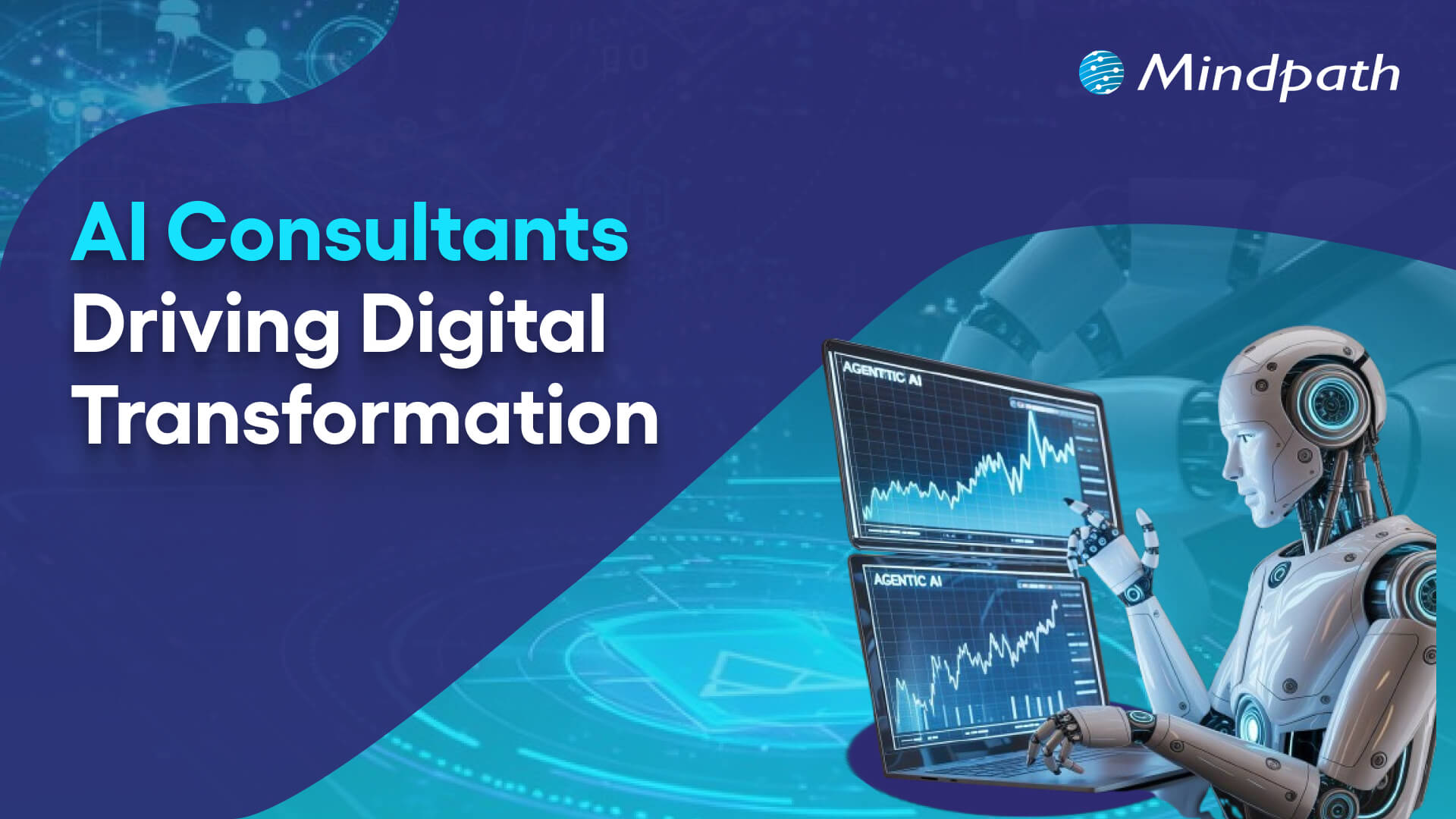Have you ever wondered how technology is changing the way we shop? Imagine walking into a store where the products seem to know your preferences or visiting an online shop that feels personalized just for you. With GenAI applications making waves in retail and e-commerce, these scenarios are becoming a reality. How are retailers harnessing the power of artificial intelligence to enhance customer experiences and streamline operations? In this blog, we will explore the exciting world of GenAI in retail and E-commerce.
Generative artificial intelligence (generative AI) is a form of AI capable of producing new content and ideas, such as conversations, stories, images, videos, and music. AI technologies aim to replicate human intelligence in nontraditional computer tasks such as image identification, natural language processing (NLP), and translation. Generative AI represents the next phase in artificial intelligence. You can teach it to understand human language, programming languages, art, chemistry, biology, or any other complicated topic. It leverages previously trained data to tackle new issues. For example, it can acquire English vocabulary and compose a poem using the words it processes. Your organization can utilize generative AI for a variety of applications, including chatbots, media production, and product development and design.
Now, let’s dive in to explore GenAI Applications in retail and E-commerce!
GenAI Applications in Retail and E-commerce
1. Virtual Shopping Assistants
Chatbots are becoming increasingly important in retail as they use artificial intelligence to assist customers when shopping online. These virtual assistants can answer product-specific queries, such as pricing and availability. They also recommend things based on customer preferences, making the buying experience more personalized.
Chatbots also answer basic customer care questions, such as how to return an item or handle product faults. They can help clients track their orders and understand the delivery timings. One of the benefits of chatbots is that they can gain from the content on your website and other resources. This means they can receive more education about your company, making it easier for them to answer enquiries.
Chatbots are available 24 hours a day, seven days a week, so clients can look for assistance at any time. If a customer needs to speak with a person, the chatbot may collect their information and forward it to your sales or support staff for further action. This manner, you can ensure that clients get help whenever they need it, even outside of normal office hours.
2. Real-Time Sales and Support Solutions
3. AI Training for Sales Teams
Training sales and support workers is essential for sustaining excellent service standards in the retail business. Generative AI can automate and improve this training process, ensuring that agents are well-equipped to help clients successfully. For example, you can use an AI training platform to provide realistic customer interaction scenarios for agents to practice. This allows agents to practice answering frequent product enquiries and managing returns, which helps them build confidence and enhance their abilities.
AI training can boost your retail business in a variety of ways. For new employees, it can replicate common customer enquiries, allowing them to learn in a helpful atmosphere. Furthermore, the AI can give precise product knowledge, allowing agents to solve problems and properly reply to consumer enquiries. Agents can also improve their sales skills by dealing with virtual customers in low-pressure settings. This allows students to improve their pitching abilities and learn how to properly handle objections. Furthermore, AI can assist agents improve their communication and empathy by providing feedback on their encounters, resulting in greater customer connections.
Finally, the training tool can help agents prepare for tough scenarios, such as dealing with difficult clients or receiving urgent complaints. Role-playing these scenarios allows agents to acquire effective dispute resolution tactics and preserve client happiness.
4. AI-Driven Marketing Strategies
Generative AI in retail does more than simply automate customer service and improve the e-commerce experience; it also increases customer satisfaction through optimized marketing and advertising.
One of the primary advantages of generative AI is its potential to simplify the creative process for marketing teams. By automating content generation, many marketing materials can be generated rapidly and efficiently. Retail businesses can develop online content such as blogs and landing pages, as well as compelling product descriptions.
Furthermore, generative AI can help create engaging social media posts and targeted email campaigns, as well as educational infographics, eye-catching promotional movies, and thorough brochures. This technology enables retail businesses to generate a wide variety of marketing material while dramatically decreasing the time and expenses associated with traditional content generation techniques. Retail firms may use generative AI to improve their capacity to interact with customers and boost engagement.
GenAI Services at Mindpath
Wrapping Up!
The integration of Generative AI in retail and e-commerce is transforming the way businesses interact with customers and manage operations. By utilizing virtual shopping assistants, real-time support solutions, AI-driven training programs, and innovative marketing strategies, retailers can create a more personalized and efficient shopping experience. Mindpath’s Generative AI services empower businesses to enhance customer engagement, streamline processes, and ultimately drive sales growth. As technology continues to evolve, embracing Generative AI will be essential for retailers aiming to stay competitive in an ever-changing market. With these advanced tools at their disposal, businesses can better understand and meet customer needs, ensuring success in the dynamic world of retail and e-commerce.
Want to transform your retail experience?
Partner with Mindpath to discover how our Generative AI solutions can elevate your business.













